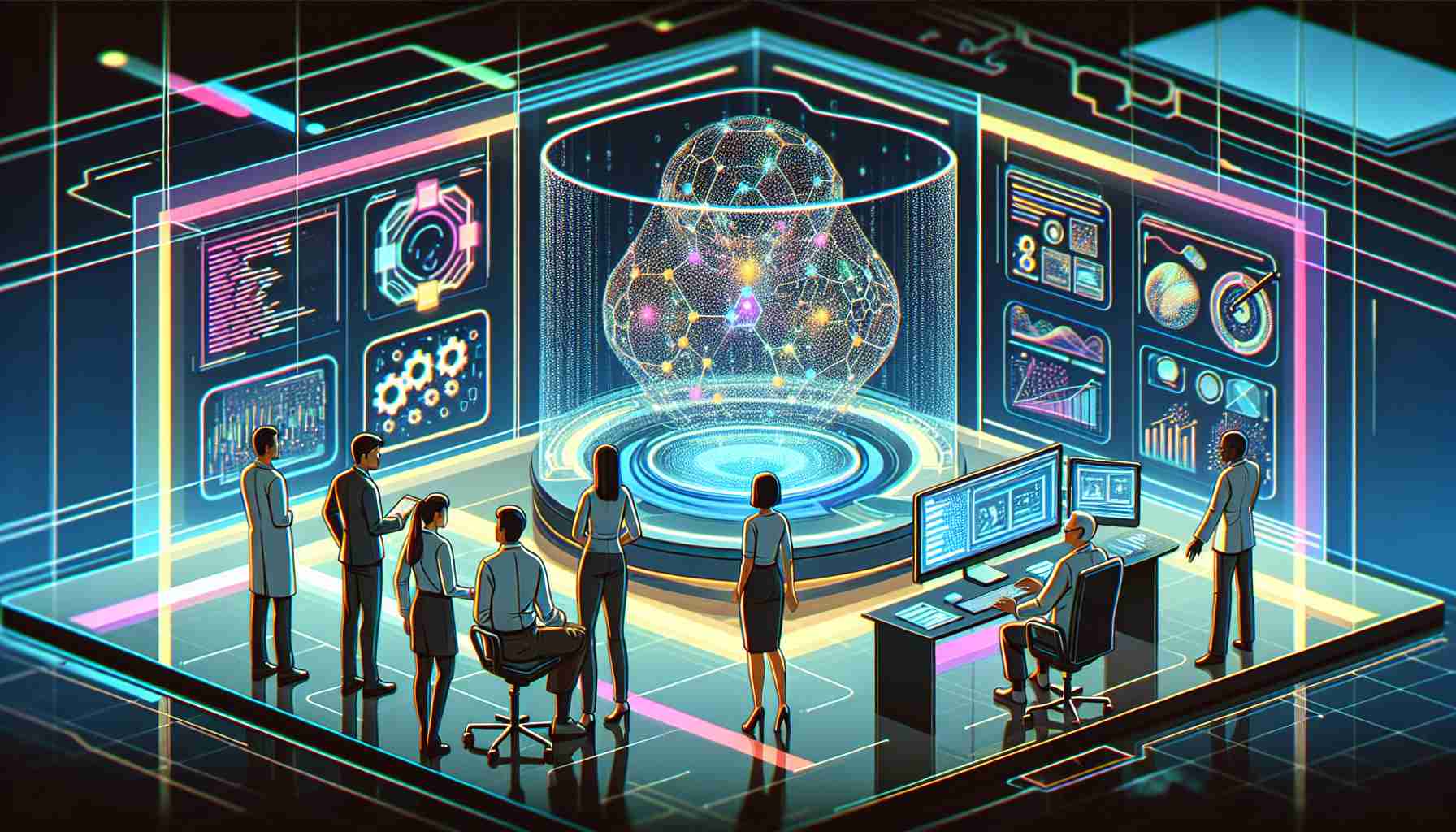OpenAI’s advancements in text-to-speech (TTS) technology are transforming the way we interact with machines. With a commitment to creating human-like conversational agents, OpenAI has made significant strides in developing synthetic voices that are nearly indistinguishable from real human speech. This breakthrough promises to revolutionize industries ranging from customer service to entertainment.
Text-to-speech technology, at its core, involves converting written text into spoken words. What sets OpenAI’s TTS apart is its ability to generate speech that captures the nuances of human intonation and emotion. By utilizing deep learning models trained on vast datasets, OpenAI’s TTS system produces voices that are not only natural-sounding but also capable of conveying contextual nuances and subtle emotions.
This cutting-edge technology is more than just a technical achievement; it has practical applications that are shaping the future. In customer service, AI-generated voices can handle complex inquiries, providing virtual assistance that feels personal and responsive. In the entertainment industry, TTS technology is used to create realistic voiceovers and dubbing, allowing for a more seamless viewing experience.
Furthermore, OpenAI’s commitment to ethical AI development ensures that such powerful tools are used responsibly. The company is actively researching safeguards and implementing measures to prevent misuse, ensuring that TTS technology benefits society as a whole.
In summary, OpenAI’s TTS technology is a game-changer. By delivering realistic, dynamic, and ethically designed synthetic voices, it is poised to transform the human-machine interactions we encounter every day.
Can Machines Now Express Emotions? The Future of AI Voice Technology
Revolutionary advancements in AI-generated voices bring new questions into focus: How will this shape personal interactions, and what are the ethical implications? OpenAI’s text-to-speech technology is not just about more lifelike voices—it’s about enhancing how machines can understand and mimic human emotions.
What Are the Personal and Cultural Impacts?
This technological leap extends its influence far beyond customer service and entertainment. Consider the impact on accessibility: For people with vision impairments, seamlessly responsive AI could become a reliable assistant, making daily tasks more manageable. Educational institutions could employ this advanced TTS to create inclusive learning environments, where content is accessible to everyone.
Furthermore, cultural preservation may take a new form as AI models train to replicate endangered languages. This could offer a crucial lifeline in preserving the diverse tapestry of human linguistics, ensuring that no dialect falls silent in the digital era.
What About Ethical Considerations?
Despite the benefits, the potential for misuse looms large. Could AI usage add unintended biases, or perhaps mislead by impersonating individuals without consent? OpenAI acknowledges these concerns, advocating for transparent AI systems and collaborating with experts to navigate these complex dilemmas.
In essence, the developments in AI voice technology aren’t just technical marvels; they’re profound societal shifts. The question remains: Are we prepared to harness this power responsibly?
For more on AI and innovation, check out OpenAI.






















